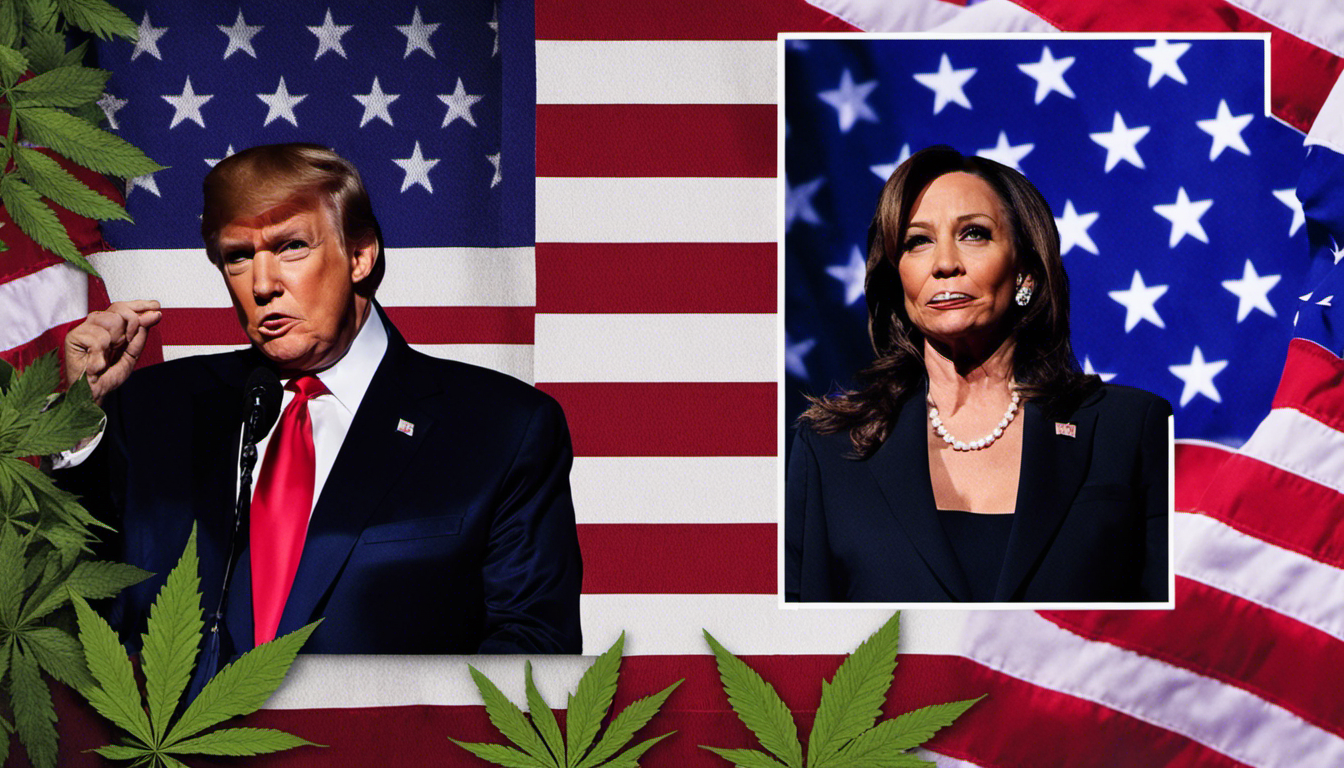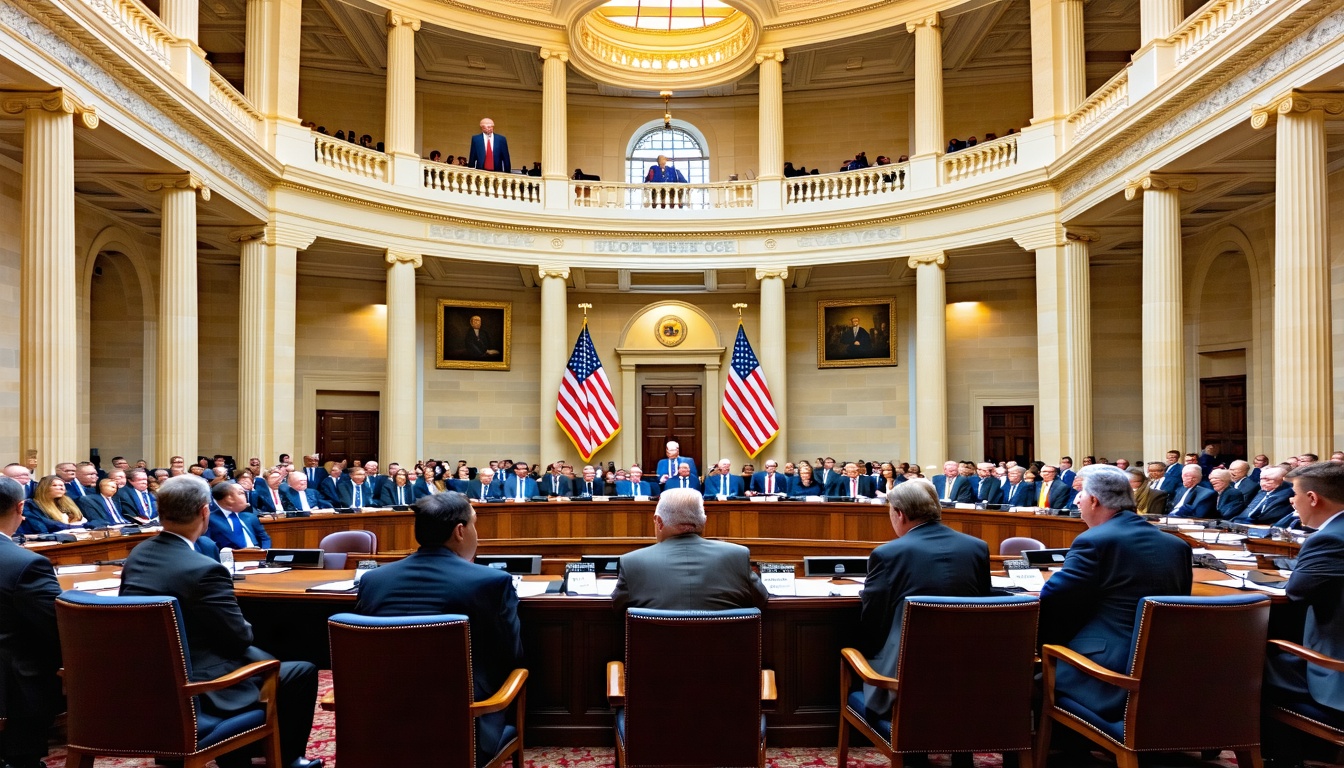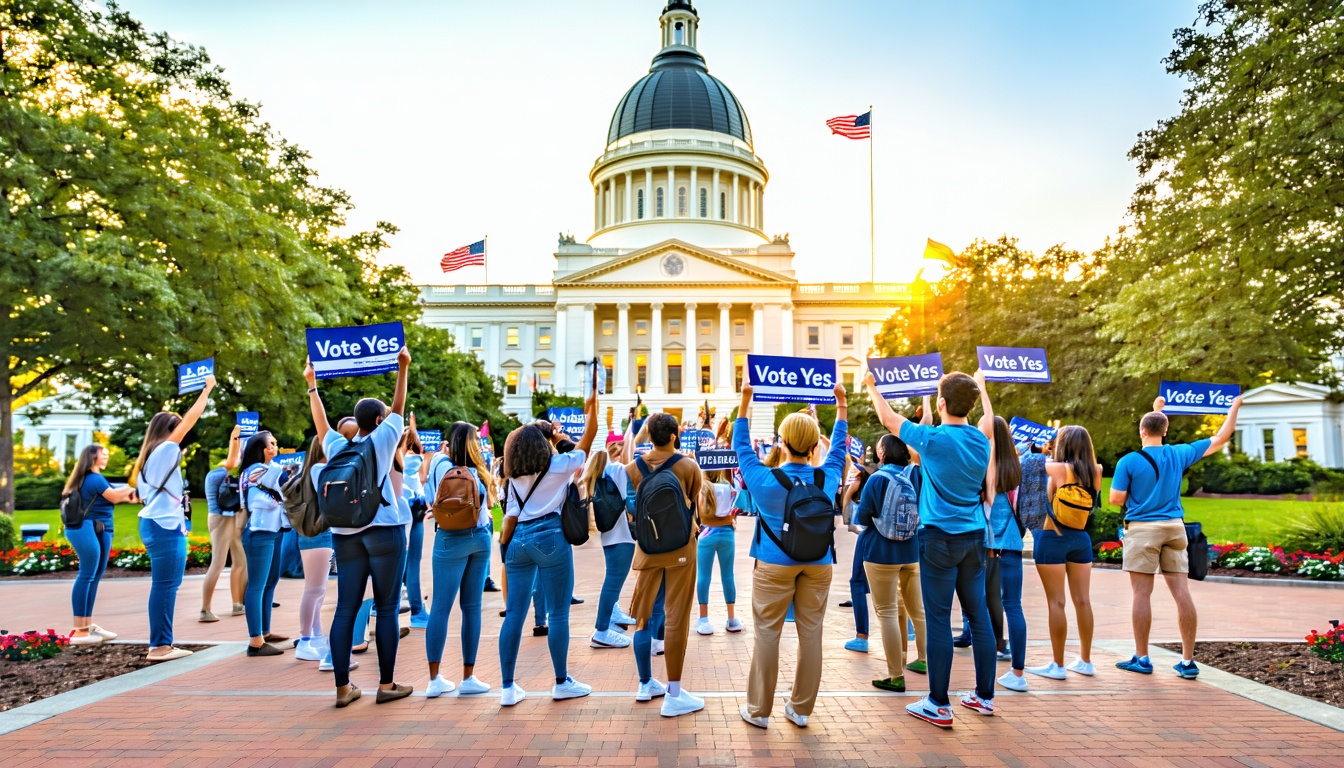The Stances of Trump and Harris on Marijuana Legalization: A Comparison
As the 2024 presidential election approaches, the issue of marijuana legalization has become a topic of discussion among candidates. While legalizing marijuana at the national level is popular among Americans, with 57% supporting its legalization for both medical and recreational use, presidential candidates Donald Trump and Kamala Harris have taken different stances on the issue.
Trump’s views on marijuana legalization have been inconsistent. During his 2016 campaign, he suggested that the issue should be left to the states, and his administration continued to uphold the federal prohibition of marijuana use. However, in October 2021, Trump proposed ending a federal policy that protected state medical marijuana programs from Justice Department intervention.
In September 2024, Trump announced that he would vote in favor of a Florida ballot measure to legalize recreational marijuana use. He believes that it is time to end the “needless arrests and incarcerations of adults for small amounts of marijuana for personal use.” Trump has also expressed support for continuing research on the medical uses of marijuana, with the goal of reclassifying it as a Schedule III drug.
Harris, on the other hand, has taken a more nuanced approach to marijuana legalization. While she has stated that she believes people should not be criminalized for smoking marijuana, she has also prosecuted marijuana cases as district attorney of San Francisco and opposed allowing marijuana to be sold for recreational use as California attorney general.
However, as a U.S. senator, Harris has shifted her stance on marijuana legalization. In 2015, she stated that she had “no moral objection” to legalizing the recreational use of marijuana, and in 2019, she introduced legislation to legalize marijuana and expunge nonviolent weed offenses.
In summary, Trump’s stance on marijuana legalization is more focused on state-by-state legalization and continuing research on its medical uses, while Harris has taken a more nuanced approach, supporting decriminalization and legalization, but also acknowledging the need for further research and regulation.












